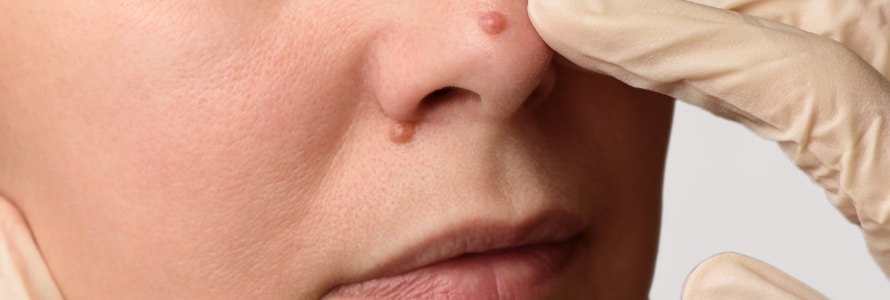
Will Find You The Best Remedy To Cure Your Warts
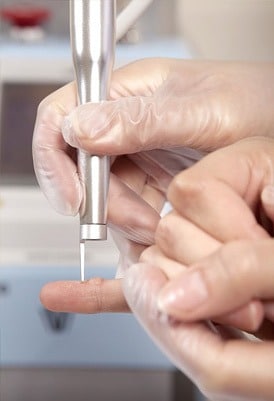
While there may not be one single, best treatment for warts, there are hundreds of remedies that can react differently on each individual. Warts can often go away without treatment, especially true in children, but adults may not have the same luck. Our immune system is responsible for a wart’s disappearance or persistence. Many wart treatments result in some degree of inflammation, or irritation of the affected tissues, prompting the immune system to activate, and cure the wart. The spontaneous disappearance of a wart is likely a sign of the immune system at work.
Understanding Warts
Warts are benign (not cancerous) skin growths that appear when a virus infects the top layer of skin.
Viruses that cause warts are called human papillomavirus (HPV). You are more likely to get one of these viruses if you cut or damage your skin in some way.
Wart viruses are contagious and can spread by contact with the wart or something that touched the wart. Shaving may cause them to spread in the beard area or legs. Biting or picking may also cause them to spread.
Warts are often skin colored and rough. But they can be dark (brown or gray-black), flat, and smooth.
Types of Warts
- Common Warts
Common warts, also called verruca vulgaris, can grow on any part of the body. - Genital warts
Genital warts, also known as condyloma acuminata, are sexually transmitted, and occur on the genitals, groin, and anal area. - Plantar warts
Plantar warts are common warts, which are found on the soles of the feet. - Flat warts
Flat warts are commonly found on the face and the extremities.
HPV and Cancer
- Some types of sexually transmitted human papillomavirus (HPV) can cause genital warts. Other types, called high-risk or oncogenic HPVs, can cause cancer.
- High-risk HPVs cause virtually all cervical cancers. They also cause most anal cancers, and some vaginal, penile, and oropharyngeal (mouth) cancers.
- Most infections with high-risk HPVs do not cause cancer. Many HPV infections go away on their own in 1 to 2 years. However, infections that last for many years increase a person’s risk of developing cancer.
For a more in-depth discussion of warts and cancer, see the National Cancer Institute website:
Types of Wart Treatments
Dermatologist Dr. Brian Mekelburg of Los Angeles may use one or a combination of the following treatments:
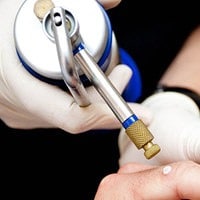
Cryotherapy
Liquid nitrogen is applied, causing the wart to freeze. There is some discomfort, but anesthesia is typically unnecessary. It is common to need repeated treatments.

Electrosurgery and Curettage
Basically, scraping and burning of the wart where local anesthesia is necessary.
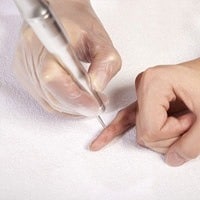
Laser
For stubborn warts, a pulsed-dye laser is sometimes used.
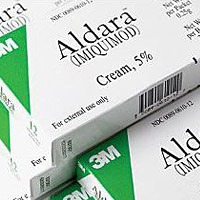
Imiquimod (Aldara)
A topical cream which activates certain cells in the skin to attack the viral particles. It is primarily used for genital warts. It doesn’t work well on thicker skin, where most common warts are found.
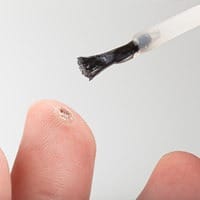
Salicylic Acid
Dissolves away the surface layers of skin, so a wart may be rubbed off. It is safe for children, but may take weeks or months to cure a wart. There are several over-the-counter preparations.
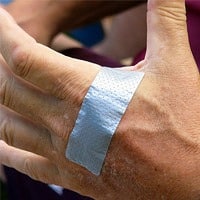
Duct Tape
May work by keeping the wart soft so it can be rubbed off. It may also be used to occlude medications, such as salicylic acid or 5 percent 5-fluoruracil, improving their effectiveness.

Folk Remedies
There are hundreds (if not thousands) of these that many people swear by. They may work, in part, because some of them may cause some degree of inflammation, prompting the immune system to do the cleanup. Some may work because they mentally enlist the immune system to act (in a similar way to a placebo). My old professor said that hypnosis works 60 percent of the time, probably for the same reasons.
Dr. Brian Mekelburg, dermatologist in Los Angeles, stands ready to help you find the best remedy to cure your warts! Contact us today to set up an appointment.


